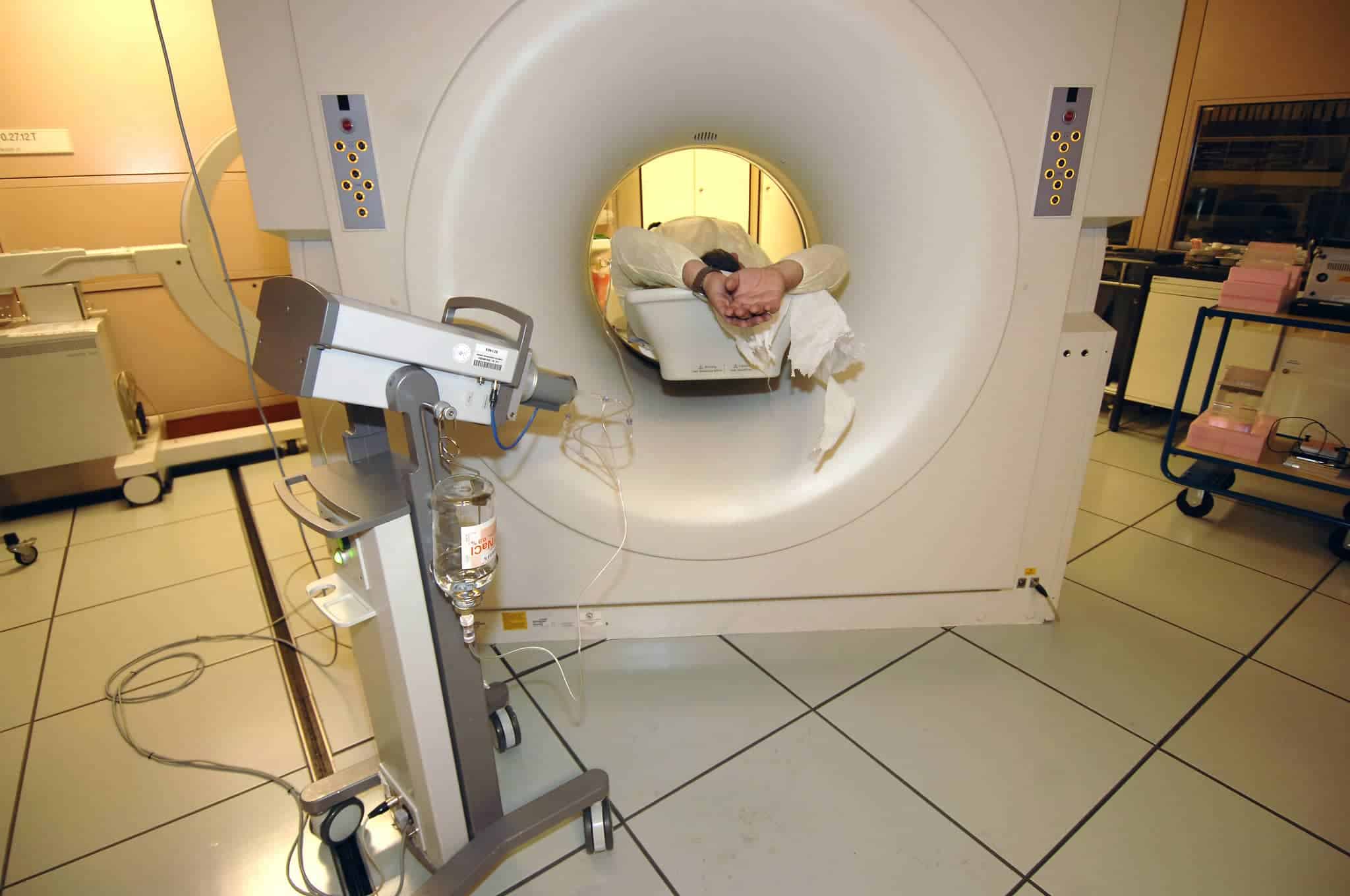Radiographers across the South and South East will be taking strike action for 48 hours from 8am today (Tuesday 25th July), in an effort to tackle the recruitment and retention problems besetting the profession – which have left one million patients on NHS waiting lists.
Members in trusts including University Hospital Southampton NHS Foundation Trust, University Hospitals Sussex NHS Foundation Trust and Solent NHS Trust are going out on strike, demanding urgent improvements to pay and conditions for the radiography workforce.
Union representatives from each trust have worked with trust executives to provide life and limb cover for patients. This usually consists of the same staffing levels that would be provided on Christmas Day and Boxing Day.
Nine out of 10 patients in the NHS are supported by a radiography professional – they are responsible for carrying out X-rays, MRI and CT scans, ultrasounds and breast screening, as well as radiotherapy for cancer patients.
But too few radiographers are being recruited or retained right now. As a result, a million patients are currently waiting to be seen by a radiographer – often delaying vital diagnosis and treatment for months.
A radiology department assistant who works in a Southampton hospital, said,
“I’m regularly dealing with patients who are stressed out. Maybe they’re terrified of needles; maybe they’re just really nervous about the results of the scan.
“We recently had to stay late after a 13-and-a-half-hour MRI shift to help the guys in CT, because there were just too many patients – and they were all urgent. I was working with two colleagues who were also at the end of a 13-and-a-half-hour shift. We’d done nothing but scan the whole day, and now we were being asked to help out another scanner.
“The patients are lovely about it, but it’s not nice for them when they’re in an emergency situation and they walk into a scanner and all they can see is a bunch of radiographers and assistants with black bags under their eyes.”
Many radiographers work punishingly long shifts to ensure that patient care does not suffer as a result of staffing shortages. This takes an inevitable toll on their physical and emotional health.
The radiology department assistant said,
“Our waiting list is huge. One time, we went through 20 patients in two hours in emergency CT. I ended up with a nosebleed, I was that stressed. One of my colleagues was almost in tears, because it was just too much.”
Despite working long hours in a professional position, radiographers often find themselves struggling to make ends meet. One spoke of how, at the age of 30, he was still living with his parents.
Another, a single mother, said that she was unable to afford to take her daughter on holiday, even for a week. The low pay, coupled with long hours, is forcing many people to leave the profession. The radiology department assistant said,
“I’m constantly having to make choices over the simplest of things.
“I haven’t been on holiday in five years. At one point, I hadn’t bought new clothes in six years.
“My sister had a baby less than a month ago. I want to go and visit her and see my new nephew, but I can’t afford to. I can only afford to see my dad maybe once or twice a year. Because he’s retired, he can barely afford to come up and visit me. He’s getting on, and I barely get to see him.”
The radiology department assistant said that she agonised over the decision of whether or not to go out on strike,
“I want better for my colleagues and better for our patients. And I want the government to actually listen to us.
“I want people to understand that we don’t take this decision lightly. We wouldn’t be doing it if we had any other choice. I was up until four o’clock in the morning one night, wrestling with whether I do this.”
Dean Rogers, executive director of industrial strategy and member relations for the Society of Radiographers, said,
“Voting for strike action was a difficult decision for our members, who care above all about the safety and wellbeing of their patients.
“We need to draw attention to the fact that many radiography professionals are feeling burnt out by low pay and increased hours. They’re leaving the NHS, and they are not being replaced in adequate numbers.
“If the government wants to reduce NHS waiting lists and ensure that patients receive the treatment they need, when they need it, then it must urgently prioritise the recruitment and retention of radiography professionals – and that means talking to us about pay and conditions. But they are refusing to talk to us, even though our door is open.
“Our members deserve better. Our patients deserve better.”
News shared by Adi Bloom on behalf of the Society of Radiographers. Ed
Image: iaea_imagebank under CC BY 2.0





